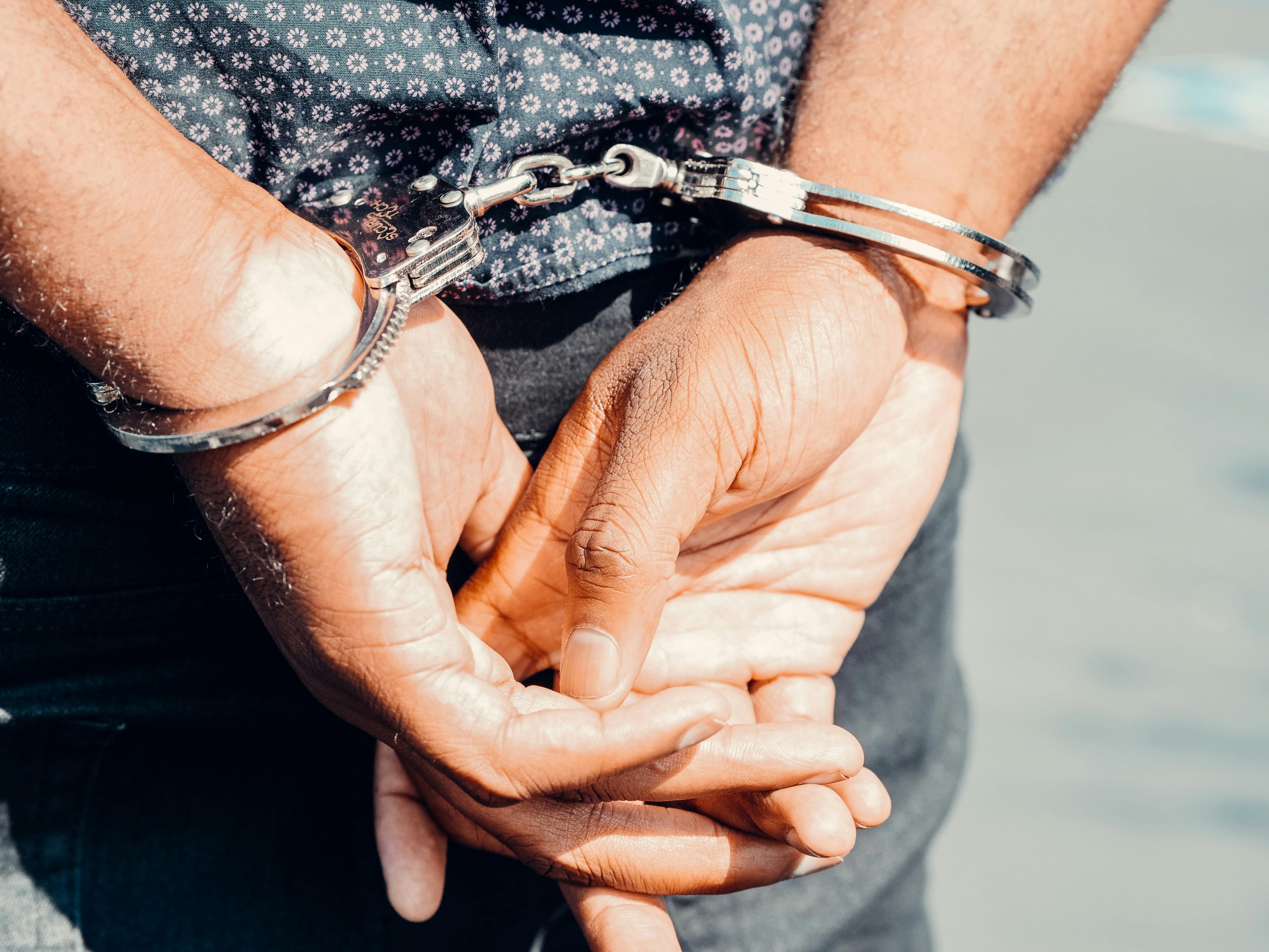- CapperTek
- Sports and Betting Blogs
- An Interview with Erik King on the Challenges of Black Market Sports Betting in the US
An Interview with Erik King on the Challenges of Black Market Sports Betting in the US
Fri, May 17, 2024
by
CapperTek

In the world of sports betting, black market bookies and bettors have remained a crucial issue since the beginning. Today, we take a moment to talk about this problem with a well-known expert on online casinos and sports betting, Erik King. King brings a wealth of knowledge from his background in journalism and has a deep understanding of the digital gambling landscape, thanks to his time as editor-in-chief for Zamsino. As a reference, my questions are bolded, while King's responses are unbolded.
Erik, thank you for joining us. With your extensive background in the casino industry, how do you view the findings from the recent Campaign for Fairer Gambling (CFG) report regarding the alarming prevalence of black market operators in the US?
And thank you for having me! The CFG report is both illuminating and concerning. It highlights a significant issue within the regulated sports betting market in the United States. Despite legalization in 38 states allowing players to bet on some sites found at Gambla, the black market is thriving. To me, this is a clear indicator that the legal framework, post-PASPA, hasn't been as effective at curbing illegal activities as many had hoped it would be.
The
report also indicates that there are over eight times as many illegal
operators as there are legal ones. What challenges does this present to
legitimate businesses trying to compete?
It's an immense
challenge. For every legal operator like BetMGM or FanDuel, there are
multiple illegal ones operating without the need to adhere to regulatory
standards or even pay taxes. This completely undermines the legal
market. It presents a less restricted alternative to consumers, which
can be more appealing to certain segments of the population,
particularly those who are price-averse or seeking privacy.
With
states like California and Texas not offering regulated sports
wagering, how significant is the impact of these larger states on the
black market?
We may see these two states move towards a regulated environment, as Texas attempted
last year. That said, those two states are a huge market for sports
betting and are, therefore, a huge market for illegal betting operators.
It creates an area for them to target, a giant untapped reserve of new
bettors. This, understandably, hurts the industry as a whole and also
the states, thanks to the massive amounts of lost revenue.
The CFG founder Derek Webb mentioned that the presence of the black market has been a useful foil for the legal gambling sector's expansion. Can you expand on that for our readers?
Of course! The existence of a black market can sometimes actually play into the hands of the legal gambling sector by providing a reason to expand. It's a compelling argument for states that are on the fence about legalization, proving to legislators that there exists a market that needs to be regulated and potential tax revenue. The other benefit is that by introducing regulated options, the black market's allure is lowered, hopefully leading to fewer illegal activities.
Given the risks associated with betting through unlicensed operators, such as the lack of payment security and the potential for fraud, what steps can be taken to better protect consumers?
I've always believed that consumer protection has to start with education. Bettors need to be aware of the risks involved in dealing with unlicensed operators. On a regulatory level, there needs to be stricter enforcement of existing laws and perhaps the introduction of new ones that target the black market more effectively. Technologies that can monitor and detect illegal online activity are also crucial. It’s all about creating a safer environment where consumers feel confident in the legality and security of their betting platform.
I'll ask one more question, but I just wanted to say thank you for your insight on these black market dealings. What future trends do you foresee in the fight against illegal sports betting operations in the US?
I believe we'll see a significant push toward technological solutions that can better track and analyze online betting patterns. This will aid in distinguishing between legal and illegal activities. There's also likely to be greater collaboration between state regulators to patch up the gaps in the market that facilitate black market growth. Ultimately, it’s about creating a cohesive national strategy that addresses the root causes of why consumers turn to the black market in the first place.
It's been a pleasure. I'll leave your readers with this: It’s essential for both consumers and operators to remain vigilant. The landscape of sports betting is continually evolving, and staying informed is key. For anyone involved in this industry, whether as a bettor or a business, understanding the legal implications and staying on the right side of the law is crucial. Thank you for having me.
We hope you enjoyed this interview with Erik King, and we also hope that you've walked away from it with something new. The black market for sports betting is still there, and there needs to be a solution. Whether that's through educating the consumers or introducing regulated avenues that also provide benefits tax-wise, something needs to be done to protect bettors and keep sports betting safe.